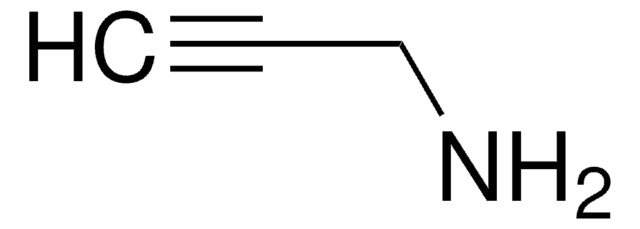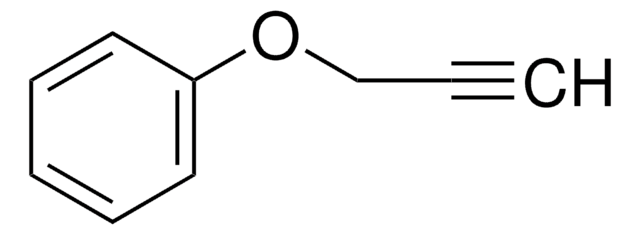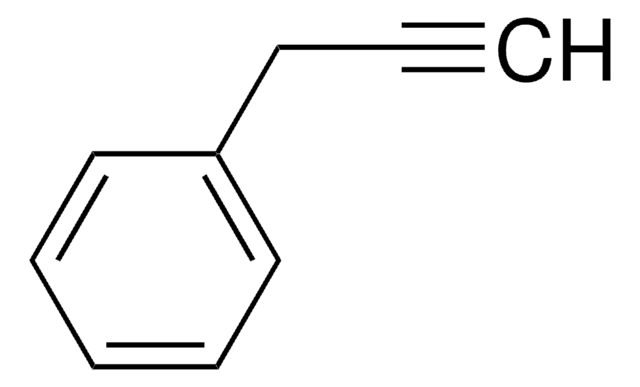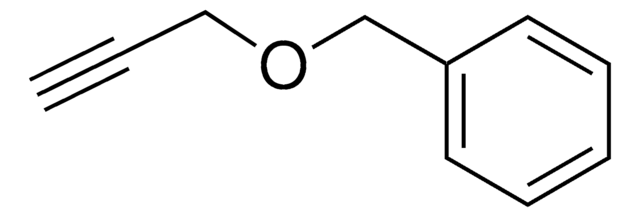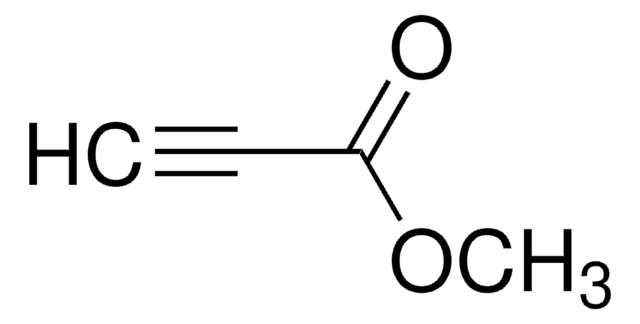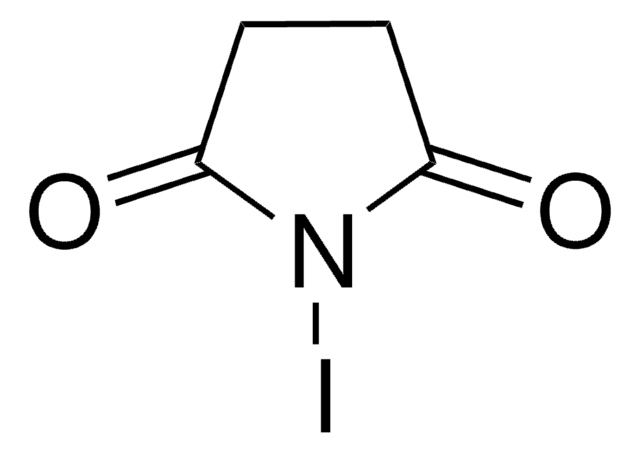About This Item
Recommended Products
Quality Level
Assay
98%
form
liquid
refractive index
n20/D 1.5320 (lit.)
bp
225-226 °C (lit.)
density
1.106 g/mL at 25 °C (lit.)
functional group
ester
phenyl
SMILES string
O=C(OCC#C)c1ccccc1
InChI
1S/C10H8O2/c1-2-8-12-10(11)9-6-4-3-5-7-9/h1,3-7H,8H2
InChI key
NBDHEMWCIUHARG-UHFFFAOYSA-N
Related Categories
General description
Application
Storage Class Code
10 - Combustible liquids
WGK
WGK 3
Flash Point(F)
Not applicable
Flash Point(C)
Not applicable
Personal Protective Equipment
Choose from one of the most recent versions:
Already Own This Product?
Find documentation for the products that you have recently purchased in the Document Library.
Articles
The terminal alkyne functionality has a wide range of applications including most recently the synthesis of spiropyran substituted 2,3-dicyanopyrazines and (±)-asteriscanolide, as well as conversion to enamines using resin-bound 2° amines.
Our team of scientists has experience in all areas of research including Life Science, Material Science, Chemical Synthesis, Chromatography, Analytical and many others.
Contact Technical Service
